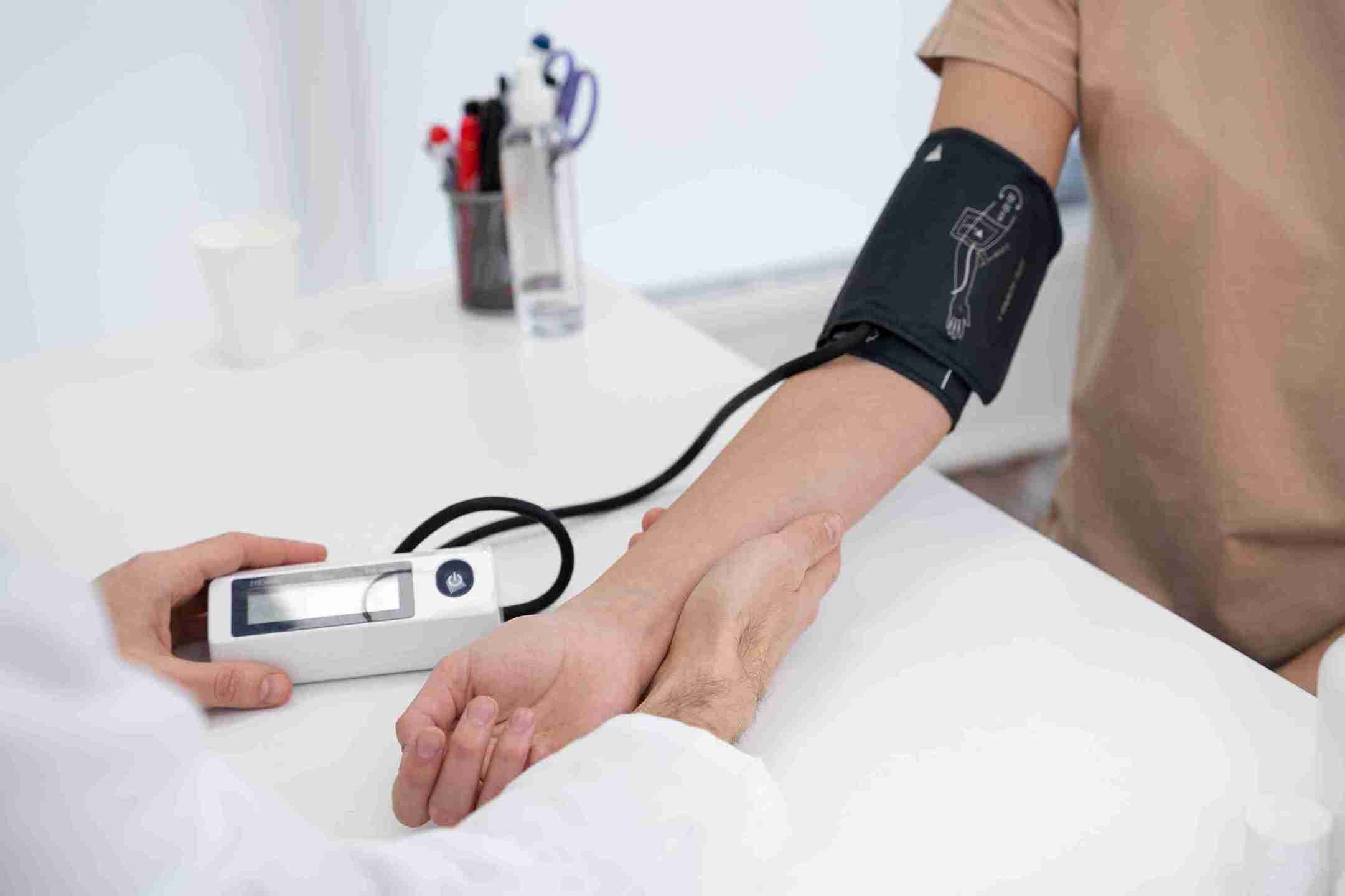
Routine urine tests are a common part of prenatal care during pregnancy, frequently performed at every visit. These simple tests provide your doctor with crucial information about your health and your baby's well-being. The most important thing they check for in a pregnant woman's urine is protein. Although small amounts of protein are normal as a result of changes in kidney function, a consistent or elevated amount can be an indicator of underlying conditions that need to be treated. Neglecting this symptom, indicating high protein in urine during pregnancy, can postpone timely treatment and make both you and your baby vulnerable.

Proteinuria is the excess of protein in the urine. If it is specifically the protein albumin, it's albumin in urine. Under normal circumstances, your kidneys remove waste products while keeping the important substances, such as protein, in your blood intact. With pregnancy, increased filtration rates and blood volume may, on occasion, cause minute amounts of protein to spill into the urine.
A temporary, minor elevation is often described as a "trace protein" and is generally not harmful. But moderate to elevated protein in urine while pregnant can mean you have a condition interfering with the functioning of the kidneys.
There are various possible causes, from mild to severe:
● Increased Kidney Filtration – Pregnancy automatically puts additional stress on your kidneys, and small leakage is possible.
● Urinary Tract Infections (UTIs) – Infections may irritate the urinary tract and cause protein to spike temporarily.
● Dehydration or Physical Stress – Poor fluid intake or excessive exertion can impair kidney filtration.
● High Blood Pressure or Kidney Problems – Hypertension can lead to protein leakage.
● Pregnancy-Related Complications – The most dangerous is preeclampsia, with excess protein usually being a warning sign.
Even if the problem seems insignificant, your healthcare provider will typically follow up to eliminate other severe issues.
Preeclampsia is a pregnancy condition characterised by blood pressure elevation and organ strain, particularly affecting the kidneys and liver. One of its characteristic signs is the elevation of protein in urine during pregnancy after 20 weeks, particularly if associated with swelling, headaches or vision disturbances.
Other signs and symptoms are upper abdominal pain, weight gain and decreased urine output. Preeclampsia, if not treated, can lead to eclampsia, a condition that is life-threatening, characterised by seizures. That is why high levels of albumin in urine during pregnancy, when accompanied by hypertension, always need immediate assessment.

Although proteinuria per se will be asymptomatic, it usually occurs together with other symptoms:
● Foamy or frothy urine
● Swelling of hands, face or feet
● Severe headaches or eye disturbances
● Pain in the upper abdomen (particularly on the right side)
● Sudden, unexpected weight gain
● Shortness of breath
These need to be reported immediately to your healthcare provider for evaluation.
At a regular prenatal visit, you might get a simple dipstick test to check for protein in the urine during pregnancy. If protein is found, your doctor may order:
● 24-hour urine collection - measures the total amount of protein loss over 24 hours.
● Urine protein-to-creatinine ratio - a more timely estimate of daily protein loss.
● Blood tests - to assess kidney function, liver function and platelet count.
● Blood Pressure Monitoring – Early detection of hypertension.
Early and precise diagnosis guides the appropriate treatment and monitoring plan.

If your tests indicate high protein in urine during pregnancy, your healthcare provider will increase the number of checkups. The following treatments may apply:
● Blood pressure monitoring
● Bed rest or a reduction in physical activity in certain cases
● Medications to reduce blood pressure or medications to prevent seizures in cases of a diagnosis of preeclampsia
If you’re looking to reduce your risk for urine albumin during your pregnancy and want to maintain kidney health:
● Stay hydrated - drink enough fluid daily.
● Minimise salt and processed foods– controls your blood pressure.
● Follow medical suggestions - especially if you have been diagnosed with gestational diabetes or high blood pressure.
● Rest appropriately - don't push yourself too hard and eliminate your stress.
At Cloudnine, pregnancy care is based on the pillars of expertise, technology and empathy. Every prenatal visit is aimed at not only tracking normal parameters but also at early detection of warning signs of complications such as proteinuria and preeclampsia. The team makes sure you get customised guidance as per your health profile, access to cutting-edge diagnostic equipment and round-the-clock care in case of problems. What really sets Cloudnine apart is its integrated care model: specialists, dietitians and experts in fetal medicine collaborate to provide a safe, educated and reassuring experience for every expectant mother.

Standard urine tests might look like a minor aspect of prenatal care, but they contain some important clues about your overall health. Pregnancy urine protein doesn't necessarily mean trouble, but ongoing or higher levels, particularly high pregnancy urine protein, may mean serious illness like preeclampsia. Accurate early diagnosis by routine testing enables timely treatment, so you and your baby have improved results. Don't ignore what might seem like insignificant symptoms, like foamy urine or swelling.
By staying informed, undergoing regular check-ups and following medical advice, you can protect your kidney health and overall well-being during pregnancy.

It may be caused by heightened kidney load, infection of the urinary tract, low fluid levels in the body, high blood pressure or pregnancy conditions such as preeclampsia.

Drinking enough water can help in mild cases where dehydration is causing temporary protein in the urine. However, if proteinuria is due to an underlying medical condition, simply staying hydrated will not resolve it. It’s important to consult a doctor to identify the cause and receive appropriate treatment.

Yes, protein usually goes back to normal after giving birth, particularly if the reason was related to pregnancy. Regular follow-up testing is necessary.

If associated with conditions such as preeclampsia, it can affect the baby's growth and oxygenation. These risks are minimised through early treatment and diagnosis.